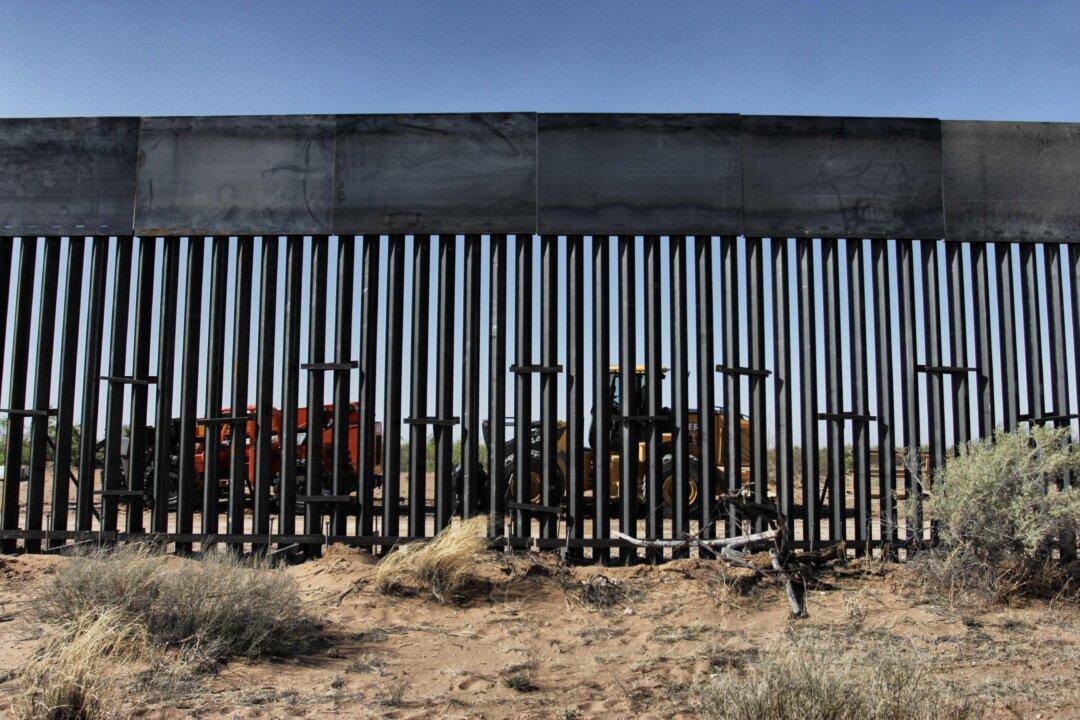The Supreme Court summarily rejected a legal challenge from activists who claimed that President Donald Trump’s proposed southern border wall ran afoul of environmental laws, clearing away a potential obstacle that might have prevented the administration from moving ahead with construction on the project.
The Dec. 3 denial of the activists’ petition for certiorari was environmentalists’ second loss at the Supreme Court in as many weeks. The new ruling came days after the court unanimously rebuffed environmental regulators and activists in a case involving the endangered dusky gopher frog; in that case, the court found that the federal government overreached by limiting the development of private land in Louisiana to help save an amphibian that doesn’t actually live there.





